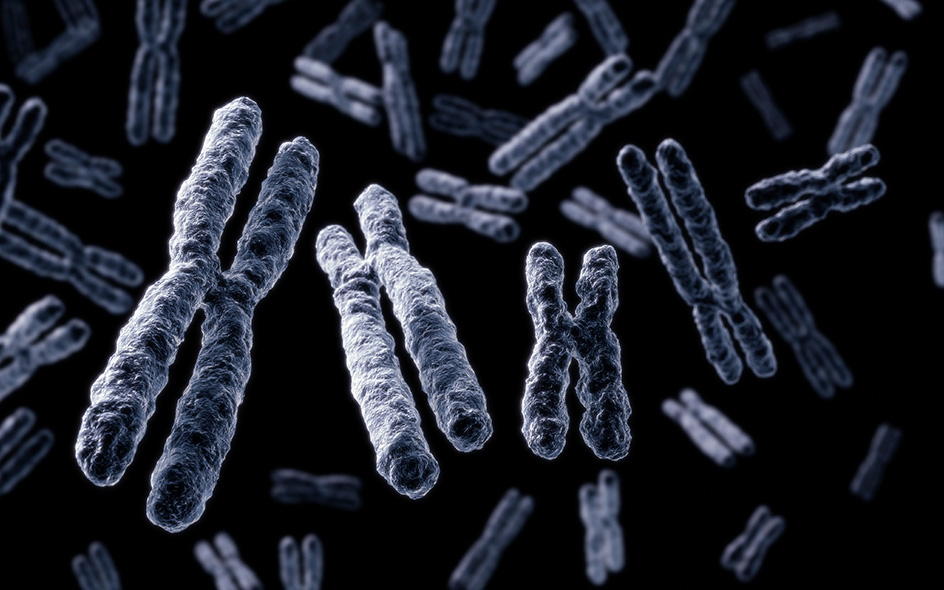Telomeres and diseases
Age is the main risk factor for most human diseases. Turning older predisposes us to suffer more diseases. Not because of the number of years lived, but because of the number of cell divisions we have left.
Human aging
To understand human aging we must think in terms of biology, rather than chronology; our date of birth has little to do with it.
We age because our cells age, and our cells age because our telomeres shorten, but what are telomeres? Telomeres are the protective layer of chromosomes. They guard genetic information and "watch" for damage that accumulates in cells. The function of telomeres is to allow cells to divide while keeping the genetic material intact.
Our body is made up of trillions of cells that are constantly dividing to renew themselves and stay healthy. Each time a cell divides, the telomeres shorten. When the telomeres are too short, the cell can no longer divide; it becomes inactive, "senescent" or dies. A senescent cell is unable to do the things it should do; it loses its ability to respond to environmental stimuli and injuries, and since it can no longer renew itself, it becomes old and begins to accumulate damage, at best, or it mutates and generates severe diseases.
Premature cellular aging is what makes you look, feel and act older.
Telomeres, therefore, play a central role in aging. Their shortening contributes to cellular senescence, which in turn causes damage within the cell and eventually leads to dysfunction in our body. The most compelling evidence that telomeres contribute to aging comes from the fact that telomere shortening manifests in age-related disease phenotypes. In recent years it has been confirmed that defective telomeres are linked to more and more diseases, including many types of cancer. Telomere shortening occurs in all different types of cells in our body with the exception of sex cells, stem cells and cancer cells.
How can I protect my telomeres?
As a normal cellular process, telomere length decreases with age (more years completed, more cell divisions).
The rate of telomere shortening is influenced by many other factors, such as lifestyle, stress levels, or the environment in which we live, factors that can be controlled.
The first step to take care of our telomeres is to know our telomere length (Biological Age) measured by several diagnostic tests, being Life Length's Health TAV® the worldwide reference test. Measuring our telomeres allows us to know how well and how fast we are aging compared to people our own age. Regardless of the results we get, favorable or not, there are methods such as lifestyle modifications or supplements that help protect our telomeres, and even lengthen them.








